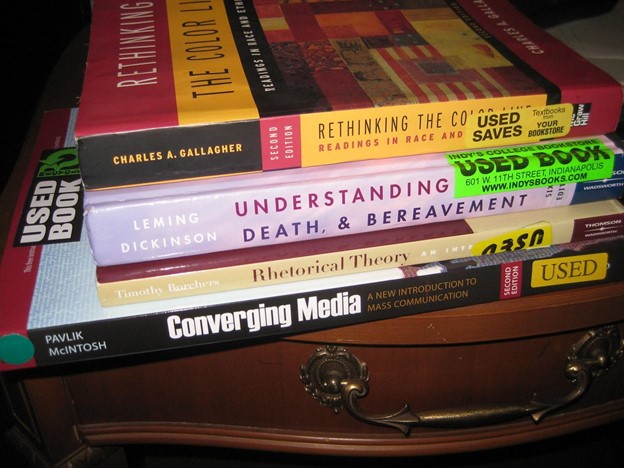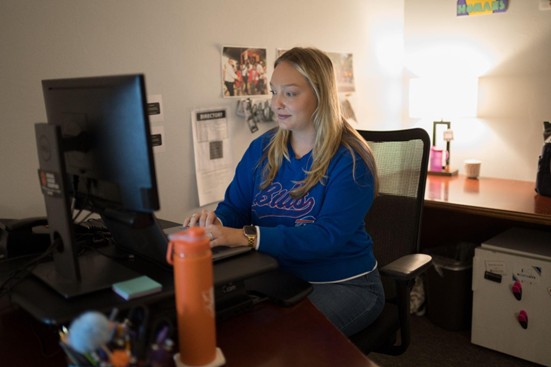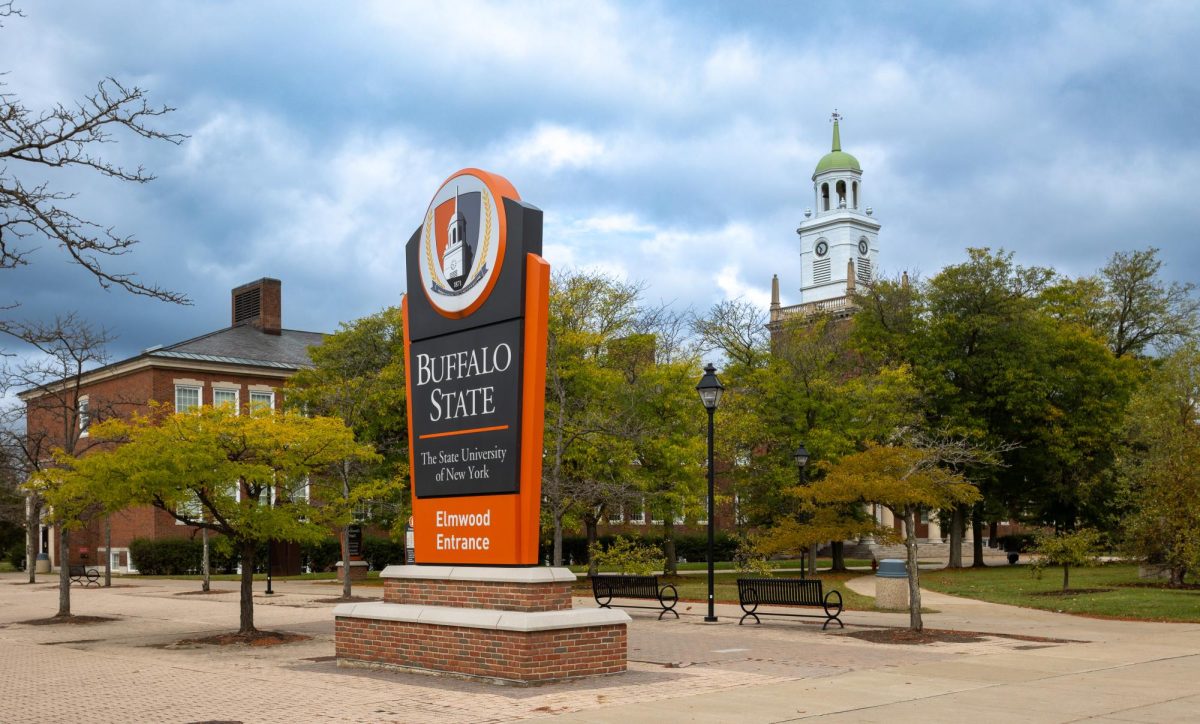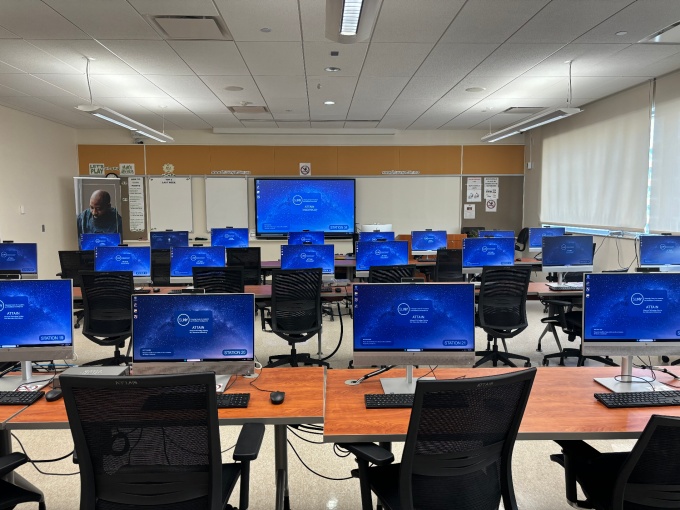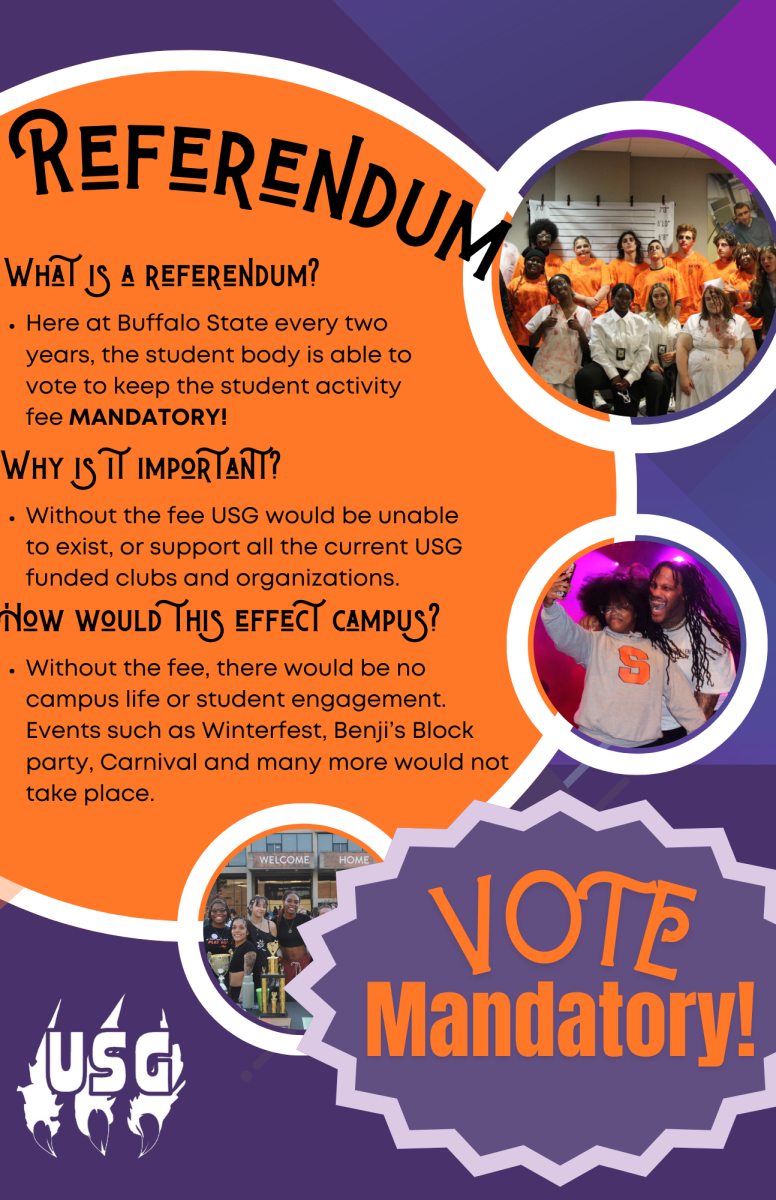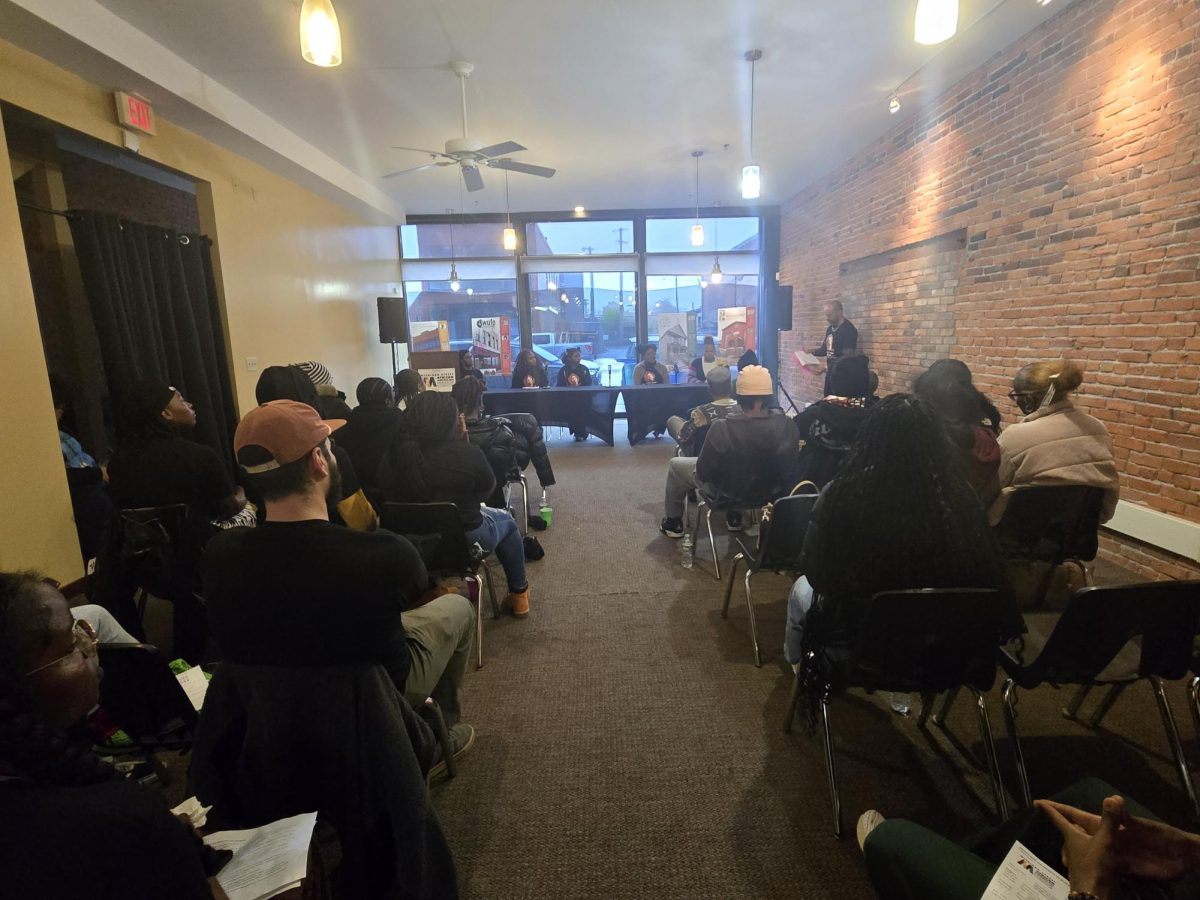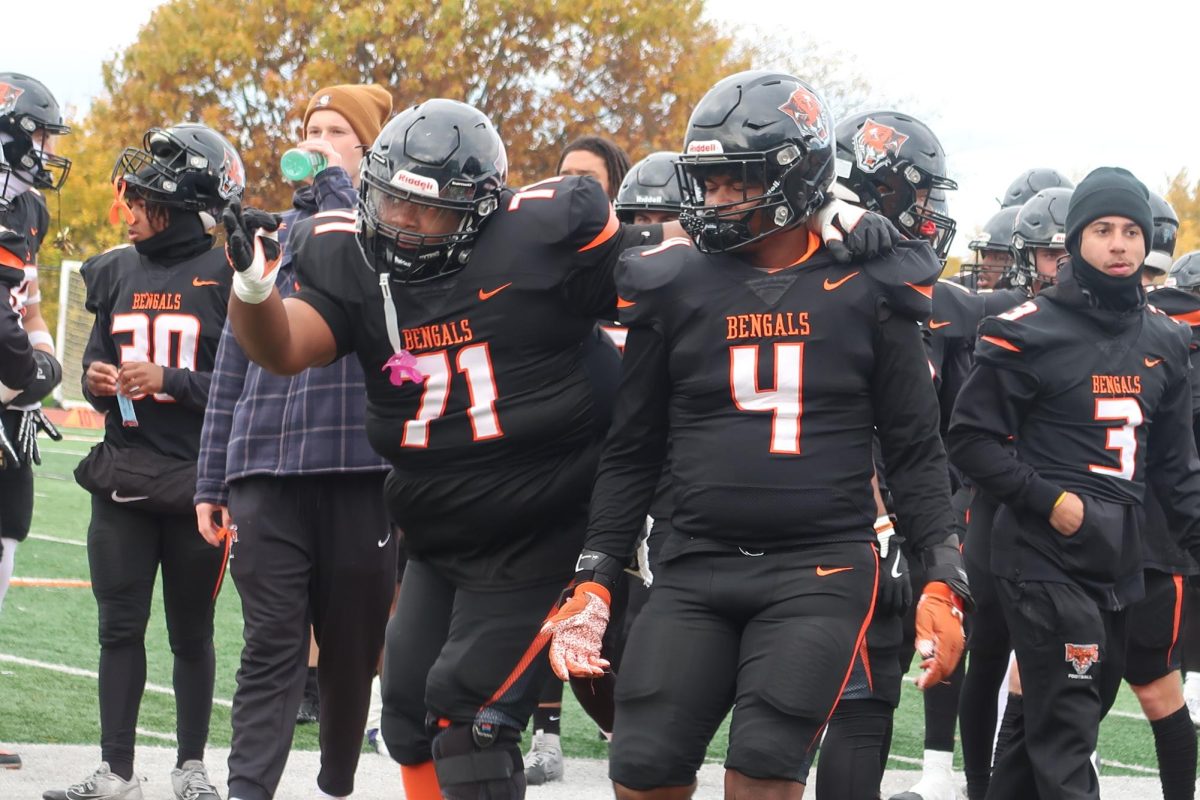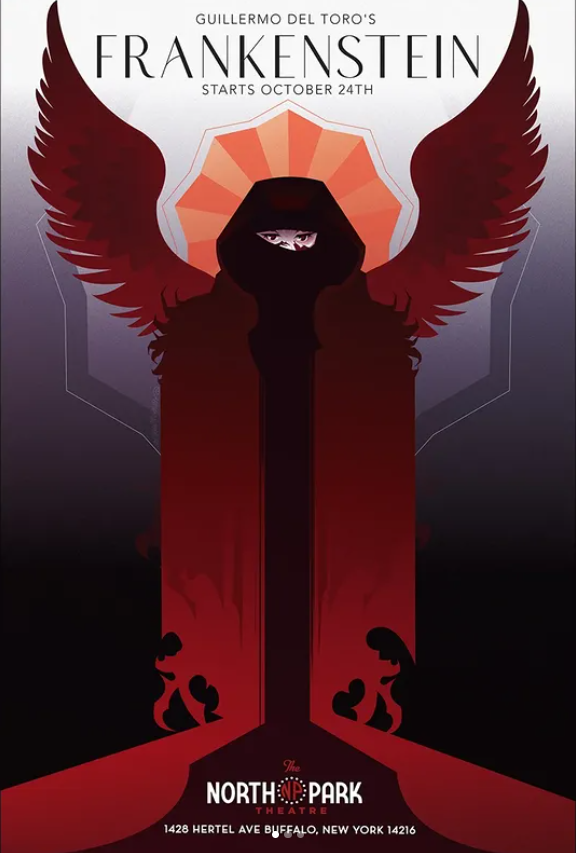For college students, the beginning of the semester means the beginning of yet another search for lengthy and often pricey textbooks. Students must decide between buying or renting, digital versus print, and when is the right time to make all these decisions.
The cost of all these textbooks can be challenging for some students.
“To cope with costs, just over half (51%) of surveyed students in 2022indicated they are buying books from a source other than their on-campus bookstore,” according to a survey by SPARC.
Eugene Harvey, librarian at Buffalo State University’s E.H. Butler Library, has dealt with many students struggling over whether to get a textbook for themself or just to use copies the library has on reserve for each class.
Buying from Amazon rather than the University bookstore is one alternative that Harvey believes most students already know about. But other reliable websites include textbooks.com and ecampus.com.
“The decision to rent versus buy is something to consider,” Harvey said. “If they don’t need it beyond the class, maybe it’s wiser to rent than purchase.”
Harvey especially recommends this for classes outside of one’s major.
If a student does decide to buy a textbook, whether new or used, they always have the option to sell it after the course ends. Harvey mentioned that textbooks.com also allows students to sell their books on the website.
“Some [textbooks] are both, and it becomes a personal preference,” Harvey said of buying versus renting. “Built-in e-textbooks may include videos, so there are some cool advantages to newer e-textbooks.”
Oftentimes, scholastic publishers like McGraw Hill or Pearson may build online portals that include not only digital textbooks but quizzes and additional learning tools as well.
Though some students may want to wait to find or order textbooks until after they’ve had a taste of what a class is like, Harvey said, “always earlier is better.” This is to ensure you are able to get your books in a timely manner.
“A helpful tip is to review the syllabus ahead of time if you have that luxury,” Harvey said.
If a professor releases their syllabus before classes start, this is a smart way for a student to get a feel for a class before the drop-add period begins and get ahead of the book-buying curve.
Another option, especially for recommended texts, is the copy on reserve at E.H. Butler which can be rented for two hours at a time, often as study supplements.
A common way students often find textbooks for cheap is downloading online copies. Harvey warns against this method otherwise “you’d be in violation of copyright [laws].”
Buffalo State also offers textbook deferment options for students who are expecting a refund on their financial aid. Eligible students can use up to $1,000 of this refund at the university bookstore. More information can be found on the Financial Aid office’s website.
With the myriad decisions that come with book-buying for multiple courses, it can feel overwhelming for many, especially incoming students. But Harvey and other librarians at E.H. Butler are there to guide students floundering in a sea of material.


